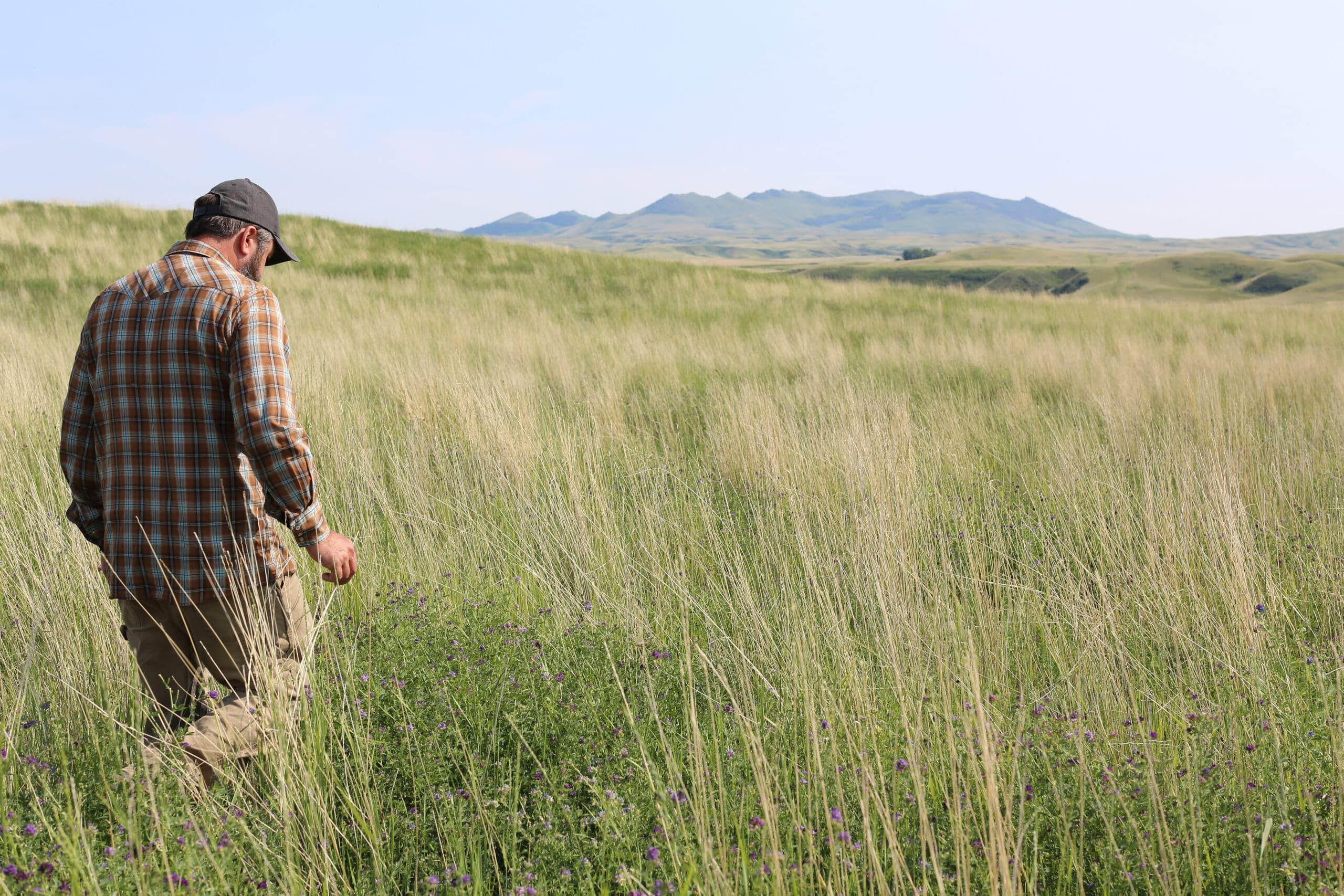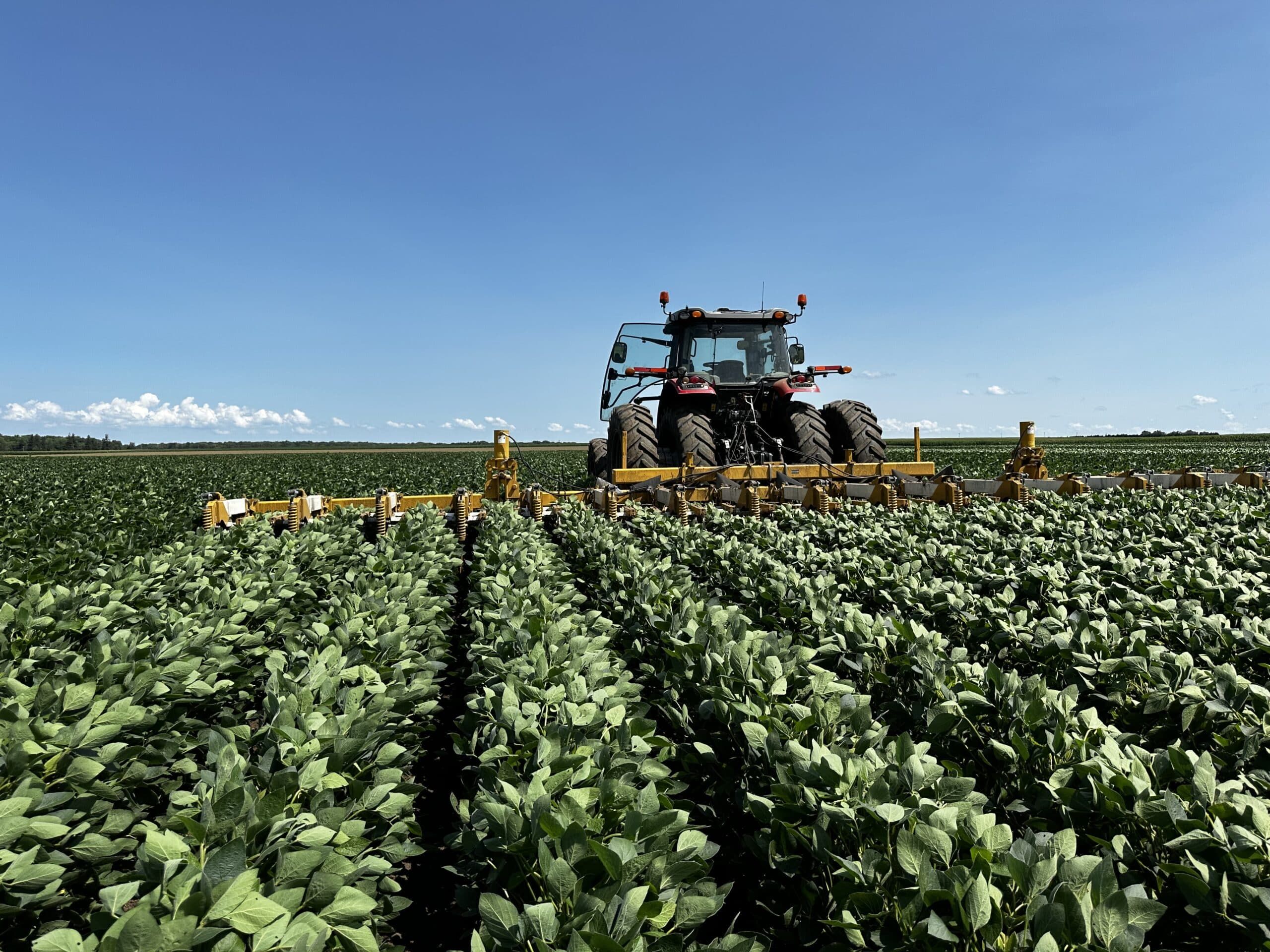BLOG
Organic Farming Research Foundation publishes the 2022 National Organic Research Agenda
Iroquois Valley is proud to have partnered with the Organic Farming Research Foundation (OFRF) to support their work in publishing the 2022 National Organic Research Agenda (NORA). This report details organic research needs with the goal of informing future investments to support the success of organic farmers and ranchers and those transitioning to organic production. We are pleased to report that a number of farmers in the Iroquois Valley portfolio contributed to this research by participating in focus groups and surveys. In total, 1,100 certified organic and 71 transitioning-to-organic farmers and ranchers were surveyed or attended listening sessions. The goal of engaging farmers was to better understand their challenges, needs, and perspectives. An adapted version of OFRF’s press release with more information about the NORA can be found below.
This is the seventh national survey of organic producers that OFRF has conducted and the third NORA to be officially released. Findings from the 2022 NORA will be instrumental in guiding upcoming policy advocacy (including the 2023 Farm Bill) and informing organizations, researchers, USDA agencies, and Congress about the ways in which support for organic farmers can be improved and strengthened.
Highlights from the National Organic Research Agenda
“Organic farming has been historically under-invested in, in terms of research, education and extension,” says OFRF Executive Director Brise Tencer. “The 2022 National Organic Research Agenda presents incredible feedback directly from organic farmers and provides a compelling roadmap for how to best support the growth of this important sector of agriculture.”
Survey respondents provided input and perspectives on their current organic production systems, including the use of regenerative soil health management practices, water conservation, organic inputs, and organic seed. Findings confirm that organic producers lead the nation in adoption of soil health management and climate-friendly practices. The 2022 NORA also examines current farmer concerns in organic agriculture, farmers’ preferred sources and modes for information-sharing, and summarizes the impacts of COVID on organic producers.
Respondents also shared their production and non-production challenges, which OFRF then analyzed by region, farming experience, and race/ethnicity. This particular NORA compares the experiences of both Black, Indigenous, and People of Color (BIPOC) and White farmers, and reveals BIPOC producers are experiencing many organic production challenges and at a higher rate than their White counterparts.
In addition to identifying gaps in current organic and transitioning-to-organic production challenges, NORA highlights farmer-identified solutions and strategies shared during its focus group discussions. NORA also provides comprehensive recommendations to guide OFRF’s research and policy initiatives. Proposed investments and focus areas include, but are not limited to, technical assistance, organic research, and racial equity programming.
About Organic Farming Research Foundation
Organic Farming Research Foundation (OFRF) works to foster the improvement and widespread adoption of organic farming systems. OFRF cultivates organic research, education, and federal policies that bring more farmers and acreage into organic production.




